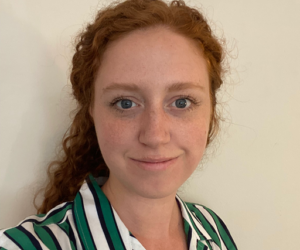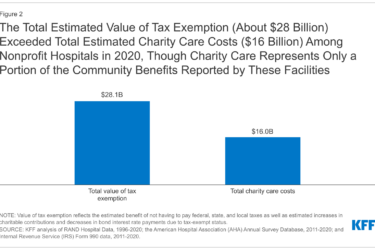Reuters’ Frederik Joelving reports that a new, easier method of taking biopsies to detect esophogeal cancer, called TSA, has opened a up a whole new profit center for folks pushing cancer screening, despite the fact that, as Joelving writes, “there is no research showing that routine screening for esophageal cancer lowers the risk of dying from the disease. Specialist medical groups recommend against it, as does the American Cancer Society.”
Joelving’s report focuses on one physician, Dr. Jonathan Aviv, who has peddled the screening with particular vigor, recommending it for anyone over age 50. Here he is with talk show host Dr. Mehmet Oz:
Folks in the know are not nearly as impressed as the TV doctor.
While the cost of TNE is lower on a per-patient basis than traditional endoscopy, critics say testing millions of people would needlessly add billions of dollars to the already bloated U.S. national health bill and lead to lifelong follow-up testing for many people who would never get the disease.
“You are going to end up hurting a lot of people, and it’s not clear to me you’re going to help very many,” says Dr. Otis Brawley, chief medical officer of the American Cancer Society and author of “How We Do Harm: A Doctor Breaks Ranks About Being Sick in America.” “The simple, ‘Let’s find it early, let’s not pay any attention to the potential for harm’ – that same thought process is what started prostate cancer screening.”
Joelving even goes so far as to compare the test’s business potential to PSA, the well-known antigen screening for prostate cancer that costs the American health system at least $3 billion a year, and which one of its discoverers described as resulting in “a hugely expensive public health disaster.”
And, speaking of conflicts of interest, Joelving found Aviv has plenty.
At different times over the past decade, he was a paid consultant to three companies that make or sell TNE scopes and related equipment: Minneapolis-based Medtronic Inc, Pentax — now known as KayPentax, based in Montvale, New Jersey – and Vision-Sciences Inc, of Orangeburg, New York. Aviv says he is no longer a paid consultant to any of the companies, though he owns several thousand shares in Vision-Sciences and uses its equipment. The company’s systems cost between $30,000 and $60,000.
Watch the AHCJ Health Policy Core Topic pages for an upcoming feature by Joelving about how he reported this story. For more about screenings and comparative effectiveness research, see our recent article by Rochelle Sharp.









